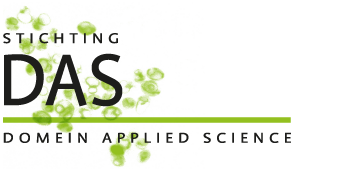The Dutch qualification framework NLQF
In order to create an equivalent of the European Qualification Network for the situation in the Netherlands, the Dutch national qualification framework (NQLF) was set up. This framework contains the following elements:
- Context
- Knowledge
- Skills
- Knowledge application
- Problem-solving skills
- Learning and development skills
- Information skills
- Communication skills
- Self-reliance and responsibility
The NQLF levels for an HBO-level bachelor degree and a university bachelor degree are identical. This is level 6. However, the decision was made to make separate descriptions for both orientations within the bachelor programme.
Connection with DAS competences
In order to point the DAS institutions into the right direction as to how they can safeguard the HBO bachelor level, an earlier version of this profile description offered a generic connection of the BSc professional competences within the domain and the so-called Dublin descriptors of the NBO bachelor level of the Higher Education Qualification Framework. In the context of the EQF and the NLQF introduction, a decision was made to create a connection for that review containing the NLQF (bachelor) level 6 descriptors.
It was evaluated for every NLQF descriptor-competence combination from which level these competences, four levels of which have been defined in this profile description, contribute towards the realisation of the HBO bachelor level (level 6) of the NLQF. The results are reflected in the chart below. In this overview, a dash means that it that the conclusion was made that the competence does not contribute to the HBO bachelor level of the descriptor in question.
The resulting connection is represented in the table below.

This matrix is used to check each programme profile to ascertain whether all bachelor-level descriptors were realised. This is the case with most of the programmes. Where this was not the case, the individual programmes will ensure that the end level of the competences reaches bachelor level.
